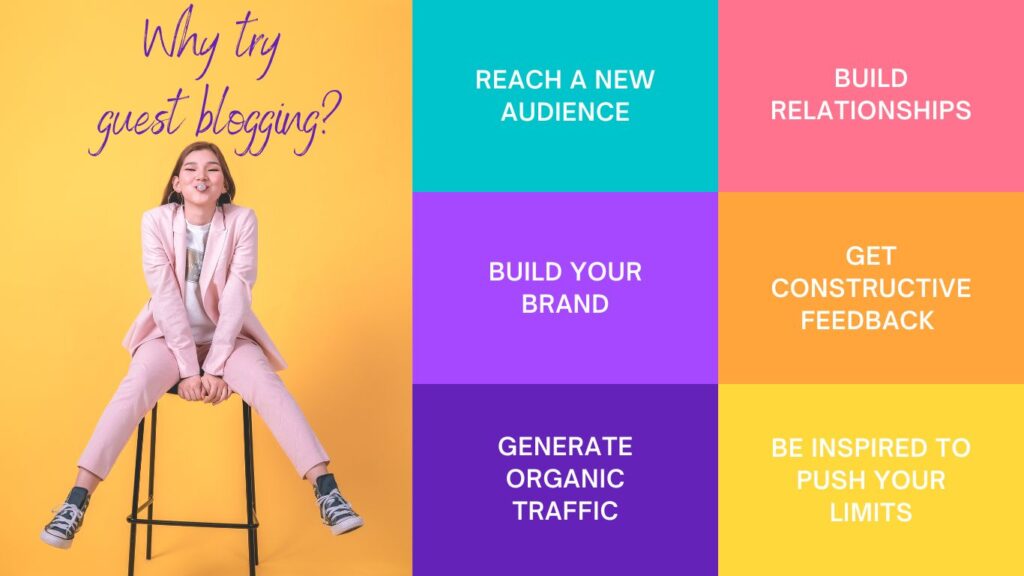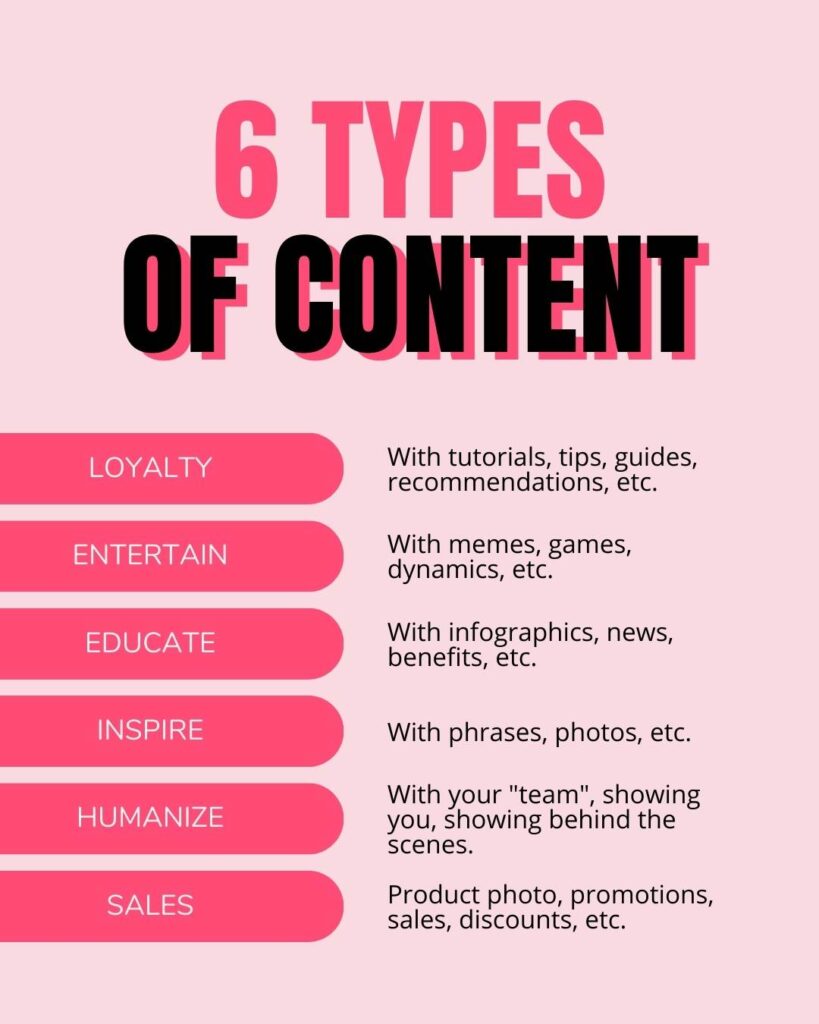Unlock the Potential of Your Brand with Strategic Content Creation and Distribution
Content marketing is a fundamental strategy for modern businesses looking to create a robust online presence, increase brand awareness, and generate leads. This article aims to explain the concept, its importance, and how to implement it to those new to it.
What Is Content Marketing?
Content marketing is a strategic approach emphasizing creating, distributing, and promoting valuable, relevant, and consistent content to attract and delight a targeted audience. The primary goal of content marketing is to build strong relationships with potential customers, establish trust, and ultimately drive customer action that leads to increased sales and brand loyalty.
The Core Goal of Content Marketing:
Content marketing aims to create and distribute valuable, relevant, and engaging content that resonates with a targeted audience. This content carefully builds trust, establishes brand authority, and ultimately influences consumer behavior in favor of the brand. Content marketing achieves these objectives through education, entertainment, and inspiration.

How Content Marketing Contributes to Business Success:
- Builds Trust and Credibility: By offering high-quality content that addresses the audience’s needs and pain points, businesses can establish themselves as industry experts, fostering trust and credibility among their target consumers.
- Enhances Brand Awareness: Consistently publishing and sharing content helps increase brand visibility, ensuring more people become aware of a company’s products or services.
- Drives Engagement: Engaging content encourages interaction between the brand and its audience, strengthening relationships and fostering loyalty.
- Boosts SEO Performance: Creating content incorporating relevant keywords can help a business rank higher on search engine results pages (SERPs), driving organic traffic to its website.
- Generates Leads and Increases Sales: By providing valuable information that resonates with potential customers, businesses can generate leads, nurture them through the sales funnel, and ultimately convert them into paying customers.
The Importance of Content Marketing:
- Builds Trust and Credibility: Businesses can establish themselves as industry experts by providing helpful information and engaging content. Thus, they build trust and credibility among their audience.
- Improves SEO (Search Engine Optimization): High-quality content with relevant keywords increases the odds of ranking higher on search engine results pages (SERPs). As a result, it should drive more organic traffic to the website.
- Boosts Social Media Presence: Shareable content can help a brand gain visibility on social media platforms, resulting in increased followers and greater online reach.
- Drives Lead Generation and Sales: By offering valuable content, businesses can generate leads and convert them into customers, ultimately boosting sales.
Every Good Content Strategy Starts With Well-Researched, Engaging Content Creation
You must walk before you run. But before you can market, you must craft the most valuable content.
It’s crucial to start the content creation process with a list of relevant primary, secondary, and long-tail keywords. These keywords help search engines understand the topic and context of the content, increasing the likelihood of its target audience discovering it.

But what are they?
- Primary Keywords: These are the main, highly competitive keywords that directly relate to the core topic of the content. They have a high search volume and are fundamental to driving organic traffic to a website.
- Secondary Keywords: These are less competitive and more specific keywords supporting the primary ones. They help to provide additional context and improve the overall relevance of the content.
- Long-tail Keywords: These are longer, more specific keyword phrases that target niche audiences. They typically have lower search volumes but higher conversion rates, catering to users with more specific search intents.
For instance, here are some examples of secondary keywords and long-tail keywords related to content marketing include these:
- Content creation
- Content distribution
- Content strategy
- Blogging
- Social media marketing
- Video marketing
- Email marketing
- SEO content writing
- Inbound marketing
- Digital marketing strategies
- Content marketing strategy for small businesses
- Best content marketing tools for startups
Where Do Businesses Apply Their Content Marketing?
Businesses can apply content strategy across various channels and platforms to reach their target audience, build brand awareness, and drive customer engagement. Some of the most common areas where businesses apply content strategy include:
- Website: A business’s website is often the primary platform for its content marketing efforts. Businesses can attract and engage website visitors by creating high-quality and informative content. Ultimately, the goal is to encourage them to act.
- Blog: A blog is a powerful tool for businesses to share expertise, educate their audience, and provide value. By consistently publishing informative and relevant blog posts, businesses can build a loyal readership and establish themselves as thought leaders.
- Social Media: Facebook, Twitter, and LinkedIn are ideal for businesses to distribute content and engage with their audience. By sharing their content on social media, businesses can increase their reach, generate more leads, and foster relationships with their followers.
- Email: Email marketing effectively allows businesses to communicate with their audience and promote their content. By sending regular newsletters and promotional emails, businesses can keep their subscribers informed and engaged with their brand.
- Video: Video content is becoming increasingly popular among businesses as it can be highly engaging and shareable. Businesses can attract new customers and boost brand awareness by creating high-quality videos that showcase their products, services, or expertise.
- Podcasts: Podcasts are a growing trend in content marketing, as they allow businesses to reach their audience more personally and engagingly. By producing informative and entertaining podcast episodes, businesses can connect with their listeners and build a loyal following.

Implementing Content Marketing: A Step-by-Step Guide
Now that you have a good overview…what do you do next after reading this post?
- Define Your Goals: The first step in creating a content marketing strategy is to define your goals. Determine what you want to achieve through your content marketing efforts. That might be increasing brand awareness, generating leads, or boosting sales. Setting specific goals will enable you to concentrate on your content creation and evaluate the effectiveness of your plan.
- Identify Your Target Audience: To create content that resonates with your ideal customers, you must understand who they are. Determine their needs, preferences, and pain points. Thus, you can tailor your content to their interests, language, and behaviors. That ensures it will be relevant and valuable to them.
- Develop a Content Strategy: Once you know your goals and target audience, you can develop a content strategy that outlines the types of content you will create, the platforms used, and the publishing frequency. This will ensure that your content efforts align with your objectives and that you consistently produce high-quality content that your audience will find helpful.
- Create High-Quality Content: To engage your target audience, you must produce valuable, informative, and engaging content that caters to their needs and search intent. By incorporating relevant secondary and long-tail keywords, you can also improve your SEO efforts, making it easier for potential customers to find your content.
- Distribute Your Content: To reach a wider audience, you should distribute your content across multiple channels, including your website, blog, social media platforms, and email campaigns. This will allow them to connect with your target audience wherever they are and increase your chances of attracting and retaining them.
- Engage with Your Audience: By responding to your audience’s comments, questions, and feedback, you can foster relationships and maintain their interest in your brand. This will also provide valuable insights into your audience’s needs and preferences, allowing you to create more targeted and compelling content.
- Analyze Your Results: Finally, you need to regularly assess the performance of your content marketing efforts using various analytics tools. These help you identify areas of improvement and optimize your strategy accordingly. You can ensure your content marketing strategy meets your objectives and generates a positive ROI by tracking website traffic, engagement, and conversions.
Summing It Up: A Robust Content Strategy Can Skyrocket Your Business
The primary goal of content marketing is to create and distribute valuable, engaging content. It should inform or delight your targeted audience. As a result, it leads to trust, brand authority, and consumer behavior that benefits the brand. By consistently producing and sharing high-quality content, businesses can unlock the potential of content marketing. They can use a robust content marketing plan to drive engagement, leads, and sales, ultimately contributing to overall business success. So here’s the big question–are you interested in creating engaging content to implement your strategy? The Word Innovations team is here to help you. Creating content is our business. We have written thousands of pages of content for happy clients. Connect with us today.
